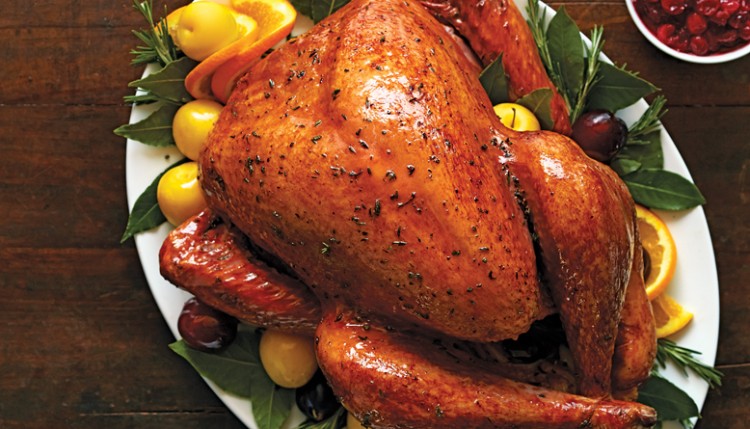
Turkey With A Side Of Politics
Thanksgiving with my family looks a little bit like this – my dad and uncles debating football, my little cousins running around the house, and the awkward conversations with family members you haven’t seen for a year. But, when all is said and done, 9 times out of 10 the conversation dissolves into politics. I come from a family who hates politics but loves to talk about it and it is always brought up at family functions. One thing I have noticed over the years is that the majority of my family sides with a specific political party, and I’ve always wondered why that was.
According to Donald Green in Partisan Hearts and Minds, “partisan identities reflect a blend and cognition” which means that our identities and the social groups that we belong to affect our political affiliation. Our identity affects us in that “identification with a party raises a screen through which the individual tends to see what is favorable,” whereas our social groups affect us because “when people feel a sense of belonging to a given social group, they absorb the doctrinal positions that the group advocates.” An example of this can be seen in Max Ehrenfreund’s piece in The Washington Times. Ehrenfreud states that those in the southern states are more likely to vote Republican as “a lot of people [still] think blacks are inferior to whites.” This connects because those in the aforementioned states often define themselves as ‘southerners,’ and this becomes part of their identity and also places them in a social group. This social group/identity ends up favoring the Republican Party. This supports Green’s point in that their southern identity and social group affect their party affiliation as republicans.
Green’s statement within Partisan Hearts and Minds is also supported by Clem Brooks in Social Cleavages and Political Alignments. Brooks sought to explore the “four major social cleavages: race, religion, class, and gender… and what changes have occurred in the magnitude and interrelationships of these cleavages.” Brooks finds that “there has been no… decline in the social bases of political alignments” and that these social bases (or groups) actually play a major role in politics today. Therefore, I can conclude that the reason Thanksgivings tend to become a discussion about one political party is the identities (such a business-owner) and social groups (such as southerner and heterosexual couples) that my family ascribes/belongs to.